Pinchas – Numbers 25:10-30 (Jul.2/3)
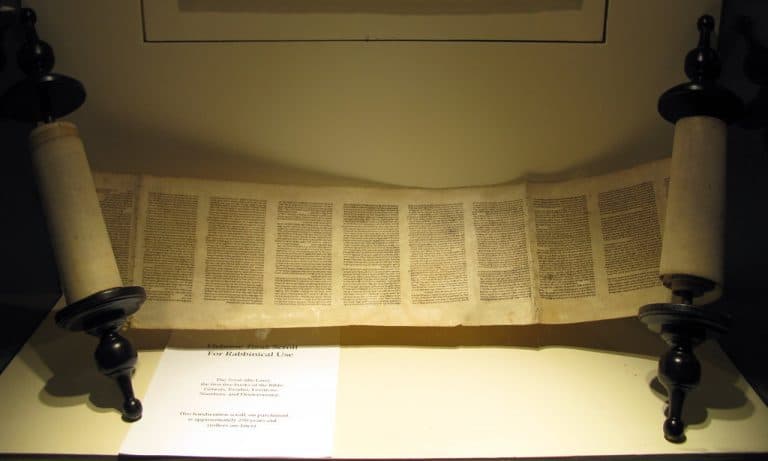
As the Torah Turns
Rabbi Lader’s Weekly D’var Torah
Pinchas – Numbers 25:10-30 (Jul. 2/3)
Last week’s Torah portion (Balak) ended with a cliffhanger, as the Israelites are lured into debauchery and idolatry by the locals, and God becomes incensed. God instructs Moses to kill (impale) the ringleaders. As Moses and the elders are standing there, thinking about what an act of violence this will take… an Israelite tribesman takes a Midianite woman into the tent chamber near the Sanctuary to engage in sexual relations with her, and Pinchas, the priestly grandson of Aaron, follows them in and impales both on a spear. Pinchas’s action has averted a terrible disaster and the plague that has already claimed twenty-four thousand people, is checked. End of portion.
This week’s portion is Pinchas – Numbers 25:10-30, and opens:
The Eternal spoke to Moses, saying, “Pinchas, son of Eleazar son of Aaron the priest, has turned back My wrath from the Israelites by displaying among them his passion for Me, so that I did not wipe out the Israelite people in My passion. Say, therefore, ‘I grant him My pact of friendship [covenant of peace – b’rit shalom]. It shall be for him and his descendants after him a pact of priesthood for all time, because he took impassioned action for his God, thus making expiation for the Israelites.’” (B’midbar 25:10-13)
So it seems that God approves of what Pinchas did and bestows a covenant of peace for him and for his descendants for all time. However the scribing of the text hints that Pinchas’s peace is imperfect. The Hebrew letter vav is comprised of a long vertical stem and a very short horizontal line at the top. (See third letter from the right, above) However, in the Sefer Torah (the Torah scroll), in the specific word shalom in the phrase b’rit shalom – the covenant of peace with which God endows Pinchas in this episode, the vertical stem of the letter vav has a break in it; as if it were an “imperfect peace” [as if it were not whole – or shaleim in Hebrew]. Indeed… In a commentary by Rabbi Marc Wolf, Rabbi Wolf notes that commentators have wondered why the difficult episode of Pinchas is split between the two successive portions read last week and this. He suggests one possible reason: “…in splitting the story, we are afforded some distance from the violence, so that when we read God’s gracious response and blessing of Pinchas and his descendants, it does not sit in as stark a contrast with the bloody outcome of Pinchas’s actions.”

Like many of us, Rabbi Wolf, too, is uncomfortable with the seeming endorsement in the text of Pinchas’s brutal act, and wonders how to understand the reward of the “b’rit shalom – the covenant of peace.” Rabbi Wolf teaches that God has understood that a b’rit shalom is needed because the violence, though mandated, has undermined the unity among the people. Rabbi Wolf suggests that the covenant of peace is not only for Pinchas, but also for the Children of Israel. Peace cannot be perfect, if it is not whole. [Perhaps the Torah scribes underscored this as a message to us, as we read the scroll. Pinchas – and the people – have some healing to do. This then begs the question: what about us? How perfect is our own sense of peace?] Rabbi Wolf concludes, “Rabbinic Judaism could not let the story of Pinchas stand as an example for religious fervor. In a wonderful piece of Talmud from Sanhedrin, when his fanaticism comes face to face with rabbinic courts, the Rabbis acknowledge the immorality, but declare, “The law may permit it, but we do not follow that law” (82a). “This kind of fanaticism and violence are overwhelmingly the dominant voices much of the world hears in the name of religion. However, we are inheritors of a tradition that understands that Judaism is a voice of moderation, and that religion guides us to be better humans, working to fulfill God’s will and to respect life… We walk in the footsteps of the Rabbis who understood the damage done by extremism. We practice a Judaism that seeks sh’leimut – wholeness – in our relationship not only with God, but with each other and within ourselves.”
From Previous Weeks
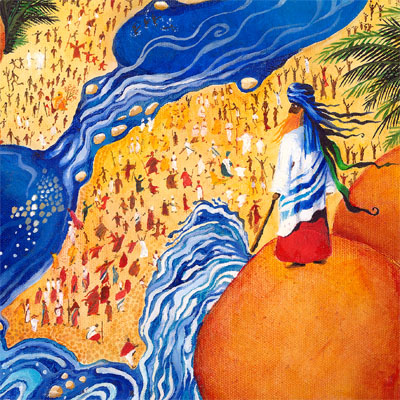
Chukkat – Numbers 19:1-22:1 (Jun. 18/19)
Can you spot the difference?
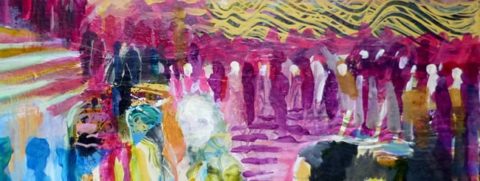
Korach – Numbers 16:1-18:32 (Jun. 11/12)
…great leaders like Moses do not direct attention to themselves but focus our gaze upwards…
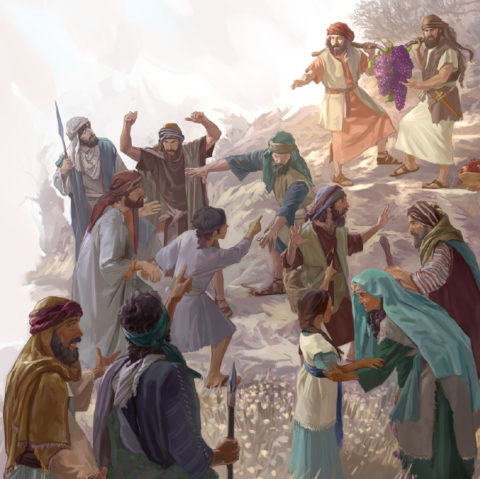
Shelach Lecha – Numbers 13:1-15:41 (Jun. 4/5)
[T]he twelve men were not sent to spy…
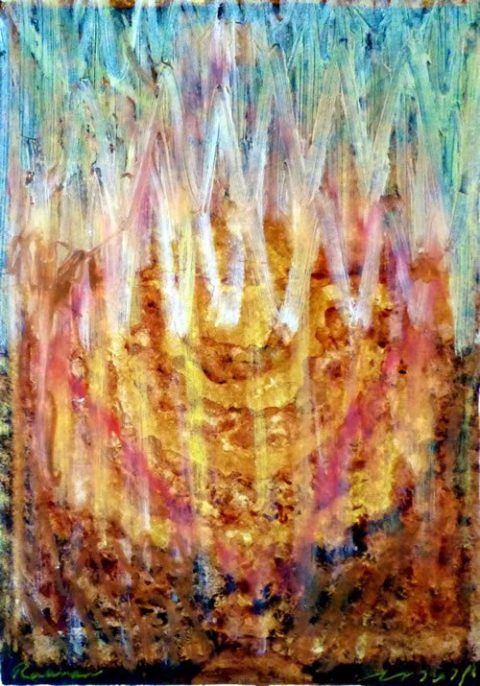
B’ha’alotecha – Num. 8:1-12:16 (May 28/29)
To break the silence and step up to light the call for change.

